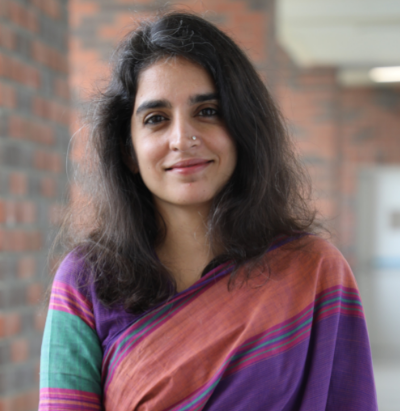In its singular form, the word that names this course has been among the most productive terms for understanding the interplay of knowledge, politics and the imagination. Over forty years ago, Edward Said energized the fields of literary theory, cultural criticism and postcolonial scholarship with Orientalism, arguing that generations of inaccurate, clichéd and self-serving portrayals of 'the East' by 'the West' had rationalised imperialism and hegemony. In this course, we will follow Said's lead in considering key junctures and tropes within that history, but will remain attentive to the ways in which the basic opposition of orient and occident, East and West, might not just be enacted but also blurred and disturbed by the workings of desire and kinship; by the complexity and heterogeneity of engagement; by translation, transgression and transformation. Our readings will reach into particular moments from the 18th century to the present, taking in the birth of orientalist scholarship, Romantic orientalism and 19th century comparative orientalisms, as well as more contemporary representations. We will read novels, shorter fiction, poems, oriental tales and translations by British and European writers including (but not only) Johann Wolfgang von Goethe, the Romantic poets, Gustave Flaubert, Oscar Wilde, and George Eliot; 19th century European philosophers and philologists; visual texts drawn from the history of painting and the movies; and theorists including Said, Michel Foucault, Gayatri Chakraborty Spivak, Aijaz Ahmad, James Clifford and Sara Suleri. This is a reading intensive course.





